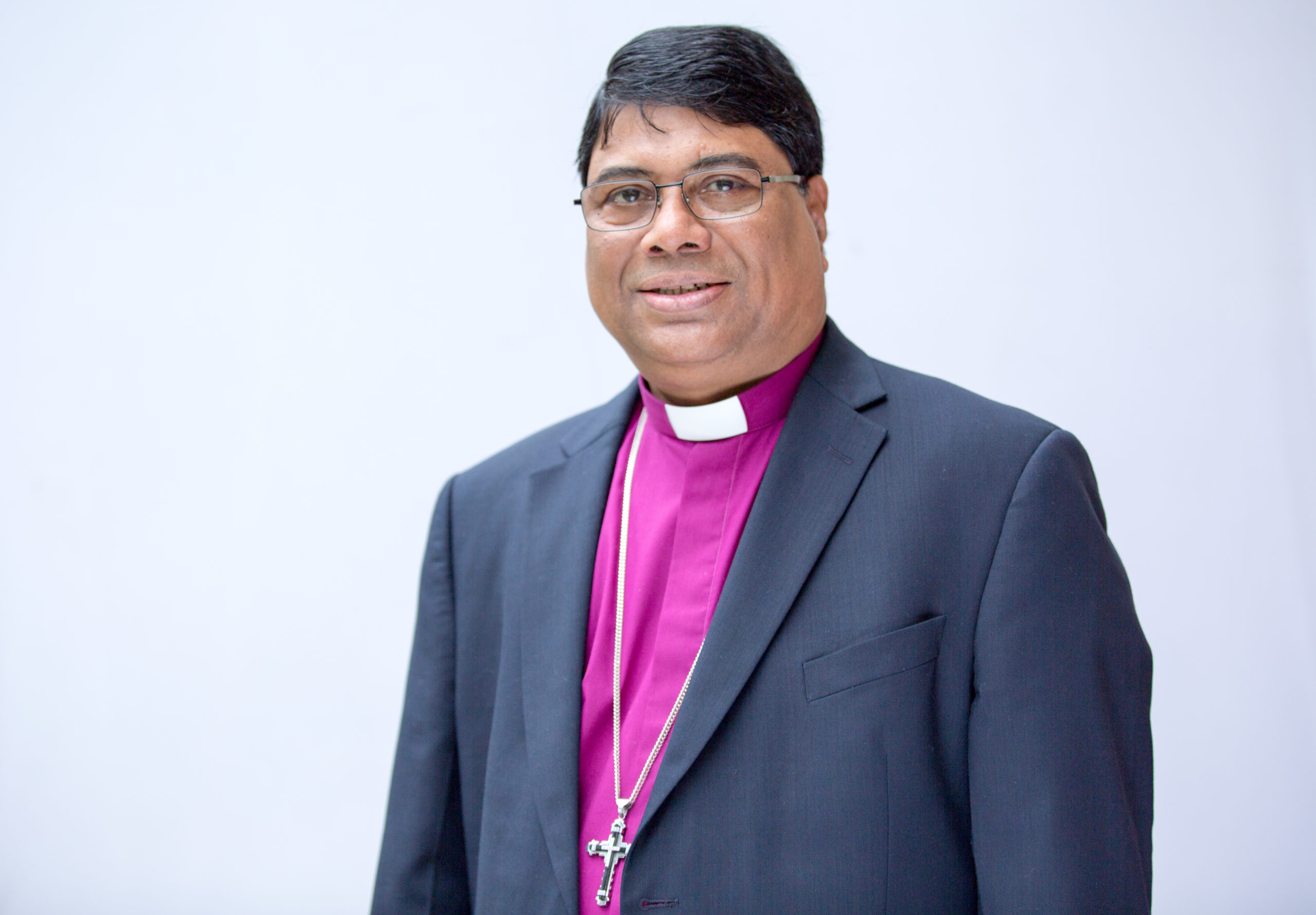| INDIA — Rev. Joseph D’Souza, archbishop of the Anglican Good Shepherd Church of India and president of the All India Christian Council, releases the following statement on President Trump’s visit to India:
The occasion of the visit of President Trump to India represents a new dawn in friendship between the world’s two most famous democracies: India its largest, and America its most powerful. Hopefully it will spell a new dawn in cooperation between the two countries, as both nations learn from one another and pursue not only economic and national security interests but also cultural and development goals which can collectively advance good for millions of people.
As someone who has observed America’s relationship with India for decades, I’m convinced these are among the most remarkable days between the world’s most powerful democracy and its largest one. This is largely thanks to Trump and Modi’s friendship, which in many ways has the potential to make the world a better place should they focus on:
Making the world a safer place
Despite being thousands of miles apart, the U.S. and India share very similar challenges to their national security. For example, both face competition with a rising China, and both face the threat of terrorists and extremists who want to undermine the democratic principles of free speech, religious liberty and capitalism. Extremist groups such as ISIS have radicalized individuals in both the U.S. and India to commit attacks against innocent civilians.
The U.S. and India have a strong history of counter-terrorism cooperation, and Trump and Modi vowed together in Houston to continue to fight terrorism. Strengthening cooperation between intelligence agencies is benefiting both nations.
Both nations also are contending with the challenge of securing their borders — the U.S. in its southern border with Mexico and India with neighboring Pakistan, Bangladesh and other nations.
President Trump has made addressing America’s immigration crisis a priority in office, not only to prevent undocumented immigrants from coming in illegally but to fight drug and sex trafficking. He has gone to great lengths to build a wall along the U.S.-Mexico border, even justifying funds from defense spending to fulfill what is also in the national security interests of the United States.
Modi’s government has implemented a series of ambitious policies to address its own immigration and security challenges. Admittedly, some of these decisions have been more popular than others and some are being worked through India’s judicial process.
Making the world more prosperous
The U.S. and India have powerhouse economies, and the countries have been working toward a major trade deal for some time now. In fact, many were hoping President Trump’s visit would serve as the occasion for the announcement. It doesn’t seem India and the U.S. have reached an agreement yet, but President Trump has said “a very big deal” may come after the U.S. elections.
The moment this deal is done will represent a boon for Delhi and D.C.
Yet this doesn’t mean the current U.S.-India economic relationship is insignificant. The U.S. is India’s largest trade partner, and according to reports, India approved $2.6 billion to buy U.S.-made Seahawk (MH-60R) helicopters ahead of Trump’s visit.
Both Trump and Modi ran on promises to improve the economic lives of Americans and Indians. Under Trump, the U.S. has passed the most comprehensive tax reform in over four decades and hit the lowest unemployment rate in history. Stock market record after record has been achieved. On the other hand, Modi has launched sweeping economic reforms such as a standardized Good and Services Tax.
India is now the 5th largest economy in the world in terms of GDP, according to the International Monetary Fund. Were India and the U.S. to settle on a comprehensive trade deal, they could improve the lives of millions who are looking for better economic opportunities.
Making the cause of religious liberty for economic development
President Trump has made religious freedom for all a defining policy hallmark of his administration.
Prime Minister Modi — as the leader of a nation of majority Hindus, 200 million Muslims and millions of Christians and other religious minorities — has the enormous responsibility of upholding religious freedom in the most religiously diverse nation in the world.
Both President Trump and Prime Minister Modi need to counter religious and, yes, liberal extremism which is intolerant of diverse faiths.
Religious freedom and peace are advantageous for economic growth and to fight extremism, and protecting this right could further strengthen U.S. and India’s relationship.
India and the United States have much to look forward to if our leaders champion these priorities.
Christians all across India and the world are praying for God’s hand of blessing to rest on this consequential meeting. |

